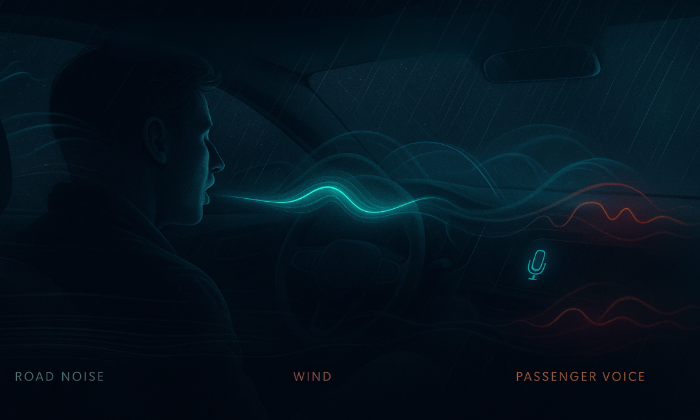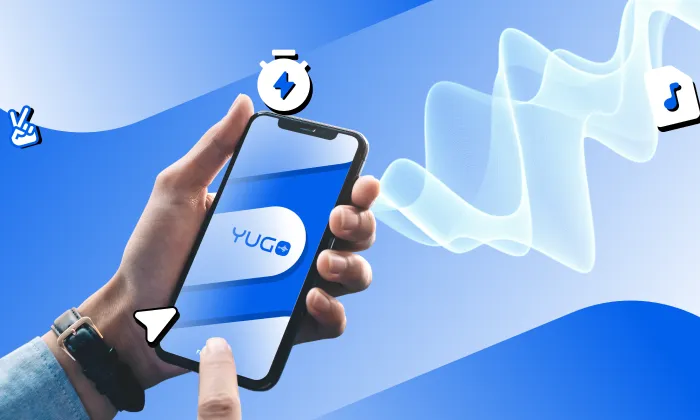Can you use publicly available data for voice cloning?
Voice Cloning
Data Privacy
Speech AI
Using publicly available data for voice cloning involves navigating a complex landscape of legal, ethical, and quality considerations. While the concept might seem straightforward, diving deeper reveals critical challenges that can significantly impact the success and compliance of voice synthesis projects.
Understanding Voice Cloning and Public Data
- Voice cloning is the technology that allows machines to replicate a human voice. This process requires substantial amounts of high-quality audio data to train models effectively. It’s not just about having data; it’s about having the right data that captures the nuances of speech, including pitch, tone, and emotion.
- Publicly available data often refers to audio from sources like podcasts, speeches, or broadcasts. However, just because these recordings are accessible doesn’t mean they are free to use for voice cloning. Key issues like consent and copyright need careful consideration.
Why Consent and Copyright Matter
Ethical use of voice data demands explicit consent from individuals whose voices are being cloned. Public recordings do not inherently provide this consent.
Without it, organizations risk serious legal consequences, including copyright infringement and violations of personal rights. Notably, comprehensive contracts or explicit agreements are essential, rather than relying on verbal permissions alone.
The Importance of Data Quality and Diversity
For voice cloning, the quality of data cannot be overstated:
- Professional Standards: High-quality cloning requires studio-grade recordings, typically with specifications like 48kHz sample rates and 24-bit depth. Public data often falls short of these standards, lacking the controlled environments necessary to avoid distortions like noise or echo.
- Diverse Representation: Effective voice models need diverse speaker data, covering a range of accents, genders, and ages. Publicly available data may not provide this diversity, limiting the model’s applicability across different contexts.
Legal and Ethical Ramifications in Voice Cloning
Using copyrighted material without proper authorization exposes organizations to legal risks. Many voices in public recordings are protected by copyright, necessitating explicit permission for their use in cloning projects.
Ethically, voice cloning technology must not be misused for impersonation or deceptive purposes. Responsible AI practices mandate avoiding unauthorized data use and ensuring ethical oversight.
Common Pitfalls in Voice Cloning Projects
- Assuming Consent: A common mistake is presuming publicly available data can be freely used, which can lead to legal and ethical issues.
- Neglecting Quality Control: Failing to assess the suitability of training data can result in subpar models that don’t meet expectations.
Best Practices for Data Collection
- Ethical Sourcing: Prioritize data from verified contributors who provide explicit consent. This practice not only ensures legal compliance but also upholds ethical standards.
- High-Quality Standards: Use professional equipment and environments for recording, ensuring clarity and diversity in your datasets.
Real-World Implications and FutureBeeAI’s Role
At FutureBeeAI, we understand the importance of ethically sourced and high-quality voice data. Our speech datasets are crafted with precision, ensuring they meet the rigorous demands of voice cloning projects.
We provide structured, compliant data pipelines, connecting AI teams with verified voice contributors. This ensures the development of reliable and expressive voice models without ethical compromises.
For AI projects requiring domain-specific voice data, FutureBeeAI offers robust solutions to deliver ethical, high-quality datasets. Contact us to learn how our speech data collection platform can support your voice synthesis needs.
Smart FAQs
Q. Can I use celebrity voices from public speeches for voice cloning?
A. No, using celebrity voices without their explicit consent is both unethical and legally impermissible. Voice cloning requires full authorization, irrespective of the material’s public availability.
Q. What are the best practices for gathering voice data ethically?
A. Obtain explicit consent from contributors, ensure the highest quality of recordings, and diversify your dataset to include various accents, genders, and age groups. This approach will help create more effective and representative voice cloning models.
What Else Do People Ask?
Related AI Articles
Browse Matching Datasets
Acquiring high-quality AI datasets has never been easier!!!
Get in touch with our AI data expert now!








